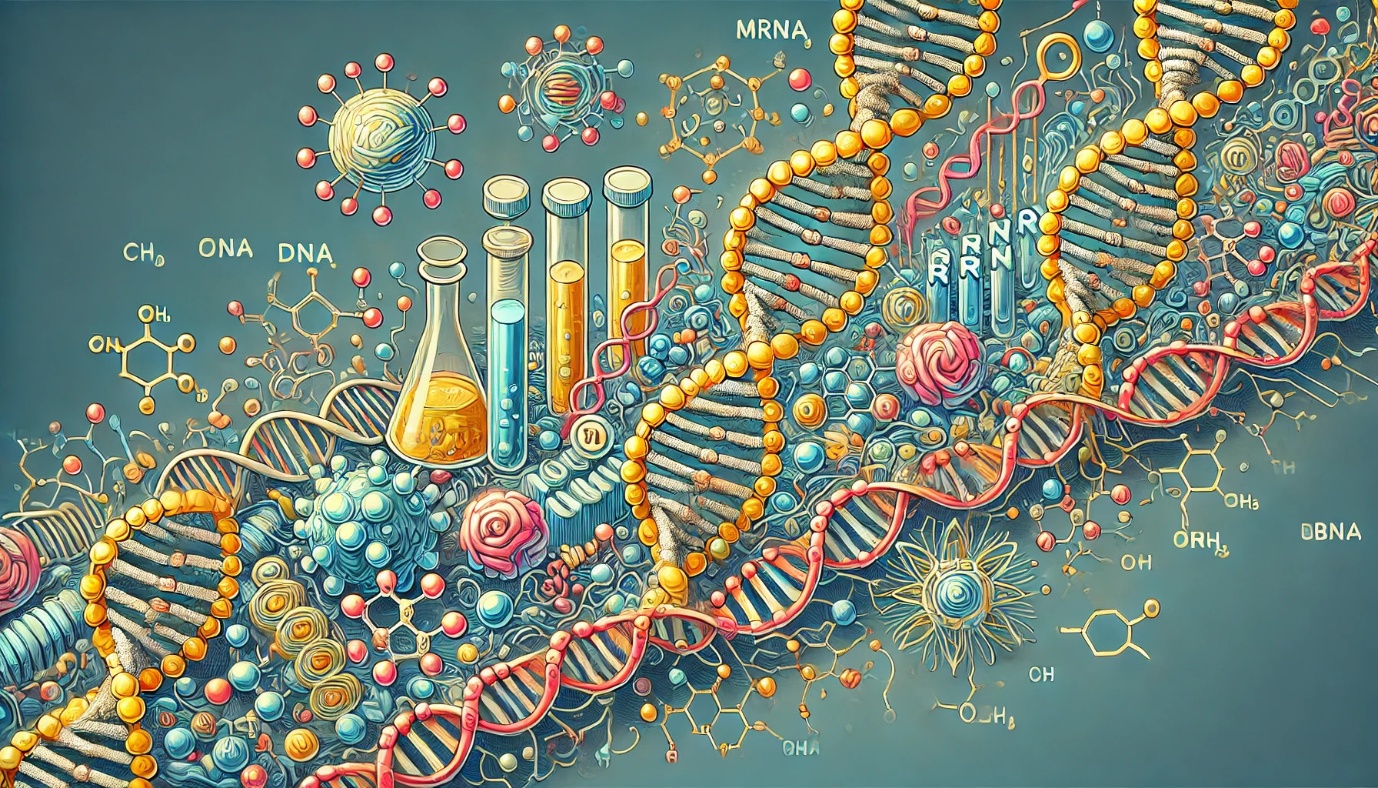In the last few years, intermittent fasting has become popular for things besides losing weight.
It’s also thought to help keep and build muscle– and that’s why loads of gym lovers are now interested in this way of eating to get more from exercise sessions.
So, how does IF support muscle maintenance plus overall fitness? Let’s take a look!
Understanding Intermittent Fasting
Intermittent fasting is not your usual diet– it’s more about when you eat than what you eat. You cycle between periods of eating and fasting.
For example, one popular type of intermittent fasting is the 16/8 plan, which means not eating for 16 hours and only eating during an 8-hour period.
Another way to do it is 5:2– eat normally five days a week and have two “fasting” days where you restrict your calories.
This approach can influence hormones levels, cellular repair, and gene expression linked to longevity and your metabolism.
Hormonal Benefits for Muscle Preservation
Intermittent fasting rocks at boosting essential muscle-maintaining hormone levels!
How? Well, when you fast, your insulin levels plummet– which is great because it means you become more sensitive to insulin.
With lower levels of this hormone floating around, it’s easier for your body to burn fat and there’s less chance of breaking down hard-earned muscle tissue too.
Also, when you fast, your body releases more growth hormone. This is important for burning fat and building muscle– so if you want to look lean while losing weight then fasting could help!
Enhancing Protein Synthesis

In order for muscles to grow, they need protein synthesis. This is when cells create new proteins that fix and increase muscle tissue.
Intermittent fasting might help because it ensures feeding windows match up with exercise times so people get the most nutrients.
Consuming protein-rich meals after exercise helps kickstart muscle repair and growth.
Plus, intermittent fasting increases your body’s ability to use that protein– so each meal supports even more muscle development!
Balancing Caloric Intake and Muscle Growth
Worried that intermittent fasting might put the brakes on muscle growth by slashing calories? Don’t be— not if you do it right.
You can also leverage IF for gains: Eat ample nutrient-dense foods during feasting periods to ensure sufficient fuel.
Aim for 1.6–2.2g protein/kg body weight daily to retain muscle, fuel hard training sessions and recover afterwards.
Research Insights– IF and Muscle Mass!
Science is still figuring out how good intermittent fasting is for muscles but the results look promising!
For example, one study in the Journal of Translational Medicine discovered that people doing IF didn’t lose any muscle while slimming down– their bodies behaved similarly to those of folks following regular calorie-cutting plans.
Another recent study published in the Nutrition and Healthy Aging showed that middle-aged men who did resistance training while intermittent fasting (IF) kept more lean muscle than those who only did resistance workouts.
This adds to a pile of research suggesting IF can help people build up and hang onto muscle mass as they age– as long as they make sure to eat well and work out regularly.
Practical Tips for Maximizing Muscle Growth with IF

To use intermittent fasting for muscle growth, try these tips:
- Eat strategically: Match your meals to when you exercise. Having carbs and protein before/after workouts boosts performance + recovery.
- Consume lots of protein: Have it with every meal. This helps in muscle protein synthesis all day long.
- Drink enough water: Fasting can be dehydrating. Your muscles (and metabolism) need water to work well!
- Use resistance training: Strength training is vital for building muscles. When you combine IF with regular resistance workouts, you get more hypertrophy bang for your buck.
- Listen to your body: Be mindful of hunger signals and how you feel overall. Tweak fasting protocols as necessary so you can perform your best and recover properly.
Comparing IF with Traditional Eating Patterns
Traditional eating patterns usually include three daily meals plus snacks to keep nutrients coming in steadily.
But although this system can help maintain stable energy levels, intermittent fasting may also offer some specific benefits when it comes to holding on to muscle mass:
- Better Insulin Sensitivity: IF boosts insulin activity for more effective nutrient delivery after eating.
- Increased Growth Hormone Levels: Fasting raises growth hormone levels, which helps maintain muscle and burn fat.
- Easier Meal Prep: With fewer meals to plan, it’s easier to meet your macros without spending all day in the kitchen.
Although IF may not suit everyone! People with particular metabolic conditions, high activity levels or athletes might need to take a modified approach to ensure they meet their nutritional and energy requirements.
Overcoming Challenges with IF

When taking up intermittent fasting, you need to deal with some hurdles:
- Managing Hunger: This may be tough at first. To help your body get used to it, change your fasting schedule slowly.
- Ensuring Nutrient Density: Make sure you eat lots of healthy nutrient-rich whole foods during meals so that you don’t miss out on vitamins and minerals.
- Avoiding Overeating: To avoid eating too much and potentially undoing your efforts to maintain muscle, practice mindful eating.
- Monitoring Performance: Make sure you’re still performing well in the gym and able to recover properly. If not, adjust your fasting hours so they don’t interfere with muscle gain.
Long-Term Sustainability
To maintain and build muscles sustainably, make intermittent fasting part of how you live– not just something you do now and then.
Have set times for meals, take in the right nutrients, and follow a regular workout plan so you don’t lose the perks.
By getting the hang of this healthy habit, you could also develop a better long-term relationship with food and fitness.
Final Thoughts
Intermittent fasting combines nutritional timing and hormonal optimization for muscle maintenance and growth— it’s an intriguing option.
Learn how IF can help people reach these goals more effectively than “traditional” meal planning; just remember everybody is different.
To get the most from your workout program while practicing various forms of IF, consider working with a registered dietitian coach experienced with this eating pattern!





